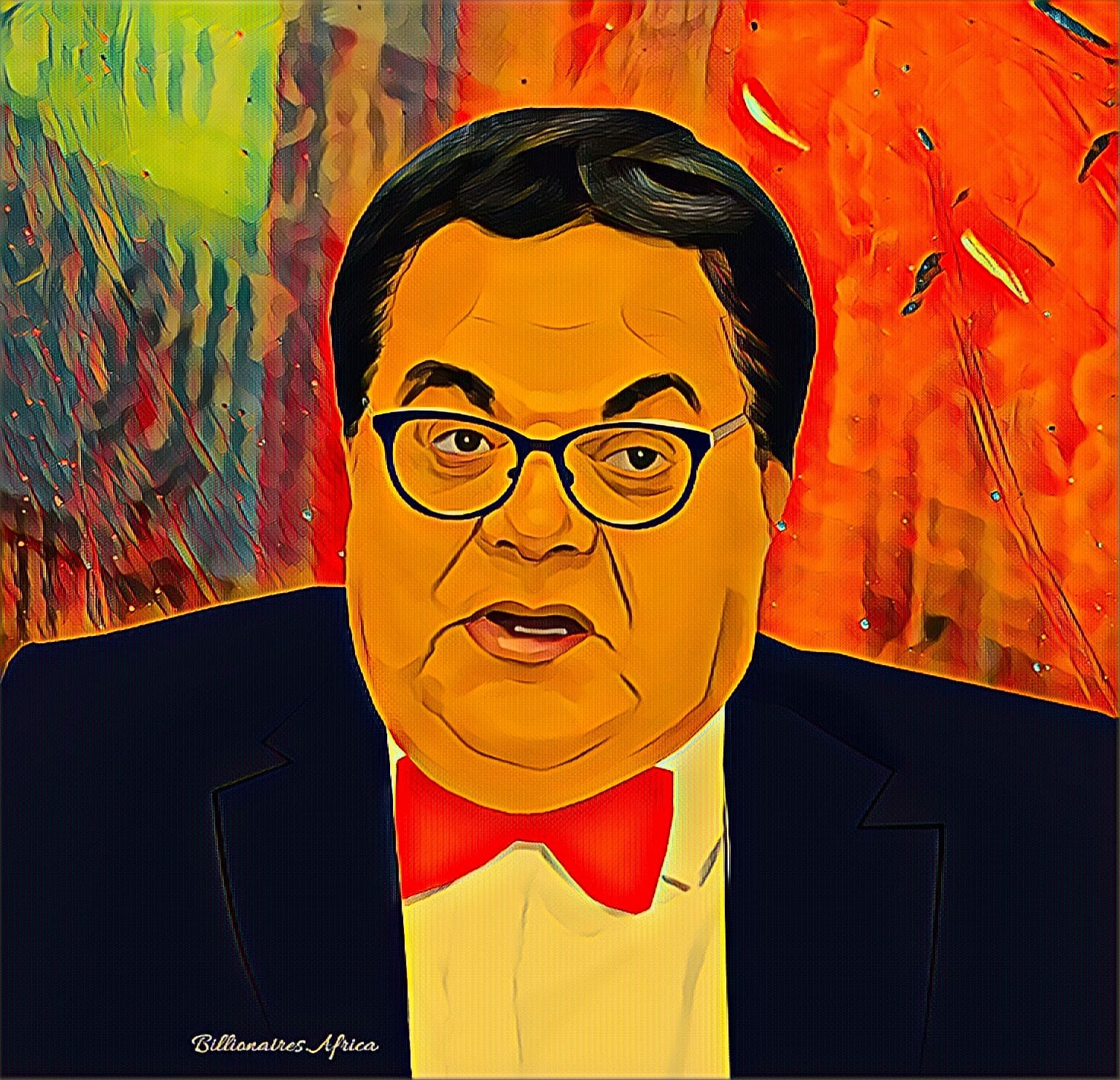Jailed Angolan tycoon Carlos Sao Vicente’s $900-million embezzlement trial begins in Luanda

The trial of Portuguese-Angolan businessman Carlos So Vicente over a $900-million embezzlement scandal has begun in a court in Luanda, Angola’s capital city, after years of protracted legal battles and court actions that resulted in the seizure of assets worth nearly $1 billion.
Vicente was once a prominent figure in Angola’s oil industry, heading a group of companies that sold insurance and reinsurance contracts to Sonangol, the state oil company.
According to Africa News, the long-running corruption trial began in Luanda on Friday, with journalists carrying cameras or recorders being denied entry into the tribunal hall.
The Angolan businessman was charged with influence trafficking and money laundering, in addition to direct involvement in the $900-million embezzlement scandal.
Vicente, the owner of the AAA Seguros insurance firm, was arrested and charged with embezzlement, tax fraud and money laundering in excess of $1 billion nearly two years ago.
Lawyers hired to represent the Portuguese-Angolan businessman filed a new request for his release in January, as well as a petition challenging the legality of his detention under writs of habeas corpus.
The move comes after he stayed in detention in Angola for longer than the maximum period allowed for an arrested person to remain in detention without being tried. The lawyers charged the Angolan authorities with “complete disrespect” for extending his preventive detention beyond the legal limit.
Vicente’s arrest, according to his lawyers, is illegal and harmful to his health because of an underlying illness and health challenges. They explained that, in addition to the risks posed by his personal health issues, his detention has increased his chances of contracting COVID-19.
They also claimed that the legal deadline for preventative detention had passed and that not knowing the date of his trial violated “the most basic human rights, such as the right to life, liberty, the presumption of innocence, and a justice that treats citizens as equals.”